Fact sheet: Making a working agreement
/When working with different partners as part of community-led action planning, it can be useful to have a working agreement in place, setting out expectations and responsibilities for all involved.
Starting Points
If you are working with external partners such as public agencies and other community or third sector organisations, a working agreement can provide you with some reassurance and certainty about how the partnership will work.
The nature of your working agreement will vary in each case but a few things are worth thinking about. These are set out below.
What do you hope to achieve?
A working agreement can help to establish a shared understanding of what it is that different parties hope to achieve through working in partnership. This will include key outcomes, or what it is that will change as a result of collaborating with each other.
Roles and responsibilities
One of the main benefits of drawing up a working agreement is to ensure that the roles and responsibilities of everyone involved are clear and understood. This will help to make the partnership run smoothly and also keep expectations realistic. Some tasks that might be worth including are:
- Who will carry out any administrative tasks?
- How often will people be expected to meet and who will organise this?
- How, and when, will information be shared? Will any partners be provided with support to take part, and who will provided this?
- How will decisions be made and agreement reached to keep your community-action plan process on track?
Communication
Communication and sharing of information is crucial to any partnership. It will be useful to agree how partners will communicate with each other. Possibilities will include face-to-face meetings, video- or tele-conferencing, email and social media. You should also agree what type of information will be shared and when this should happen.
Principles of partnership
Effective partnership involves living up to a range of values such as trust, openness and honesty. However, even where pre-existing relationships and trust have been established, planning for this in your written agreement can help avoid misunderstandings.
Principles that the partnership will be guided by might include:
- trust and honesty
- openness
- transparency
- equality and diversity
- listening and learning
Finally
A working agreement need not be written in an overly-formally way. Just make sure that all the key points are written clearly in a way that suits all partners before they sign up to it!

